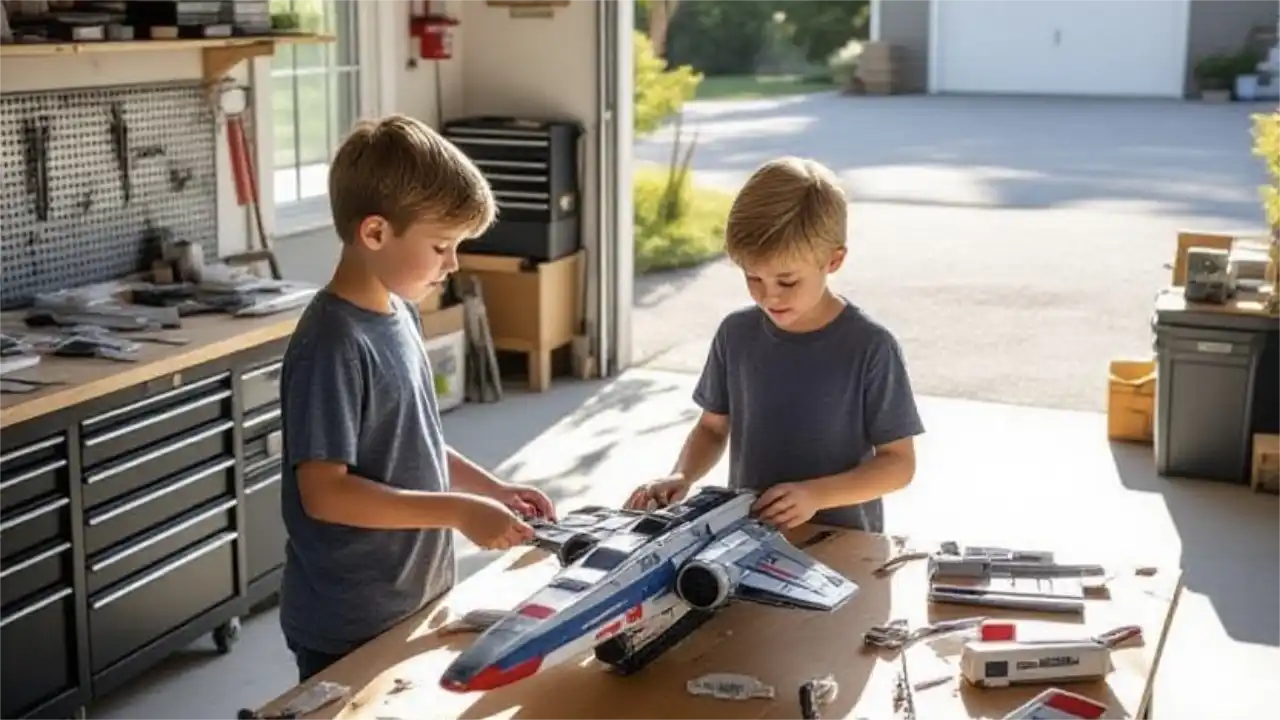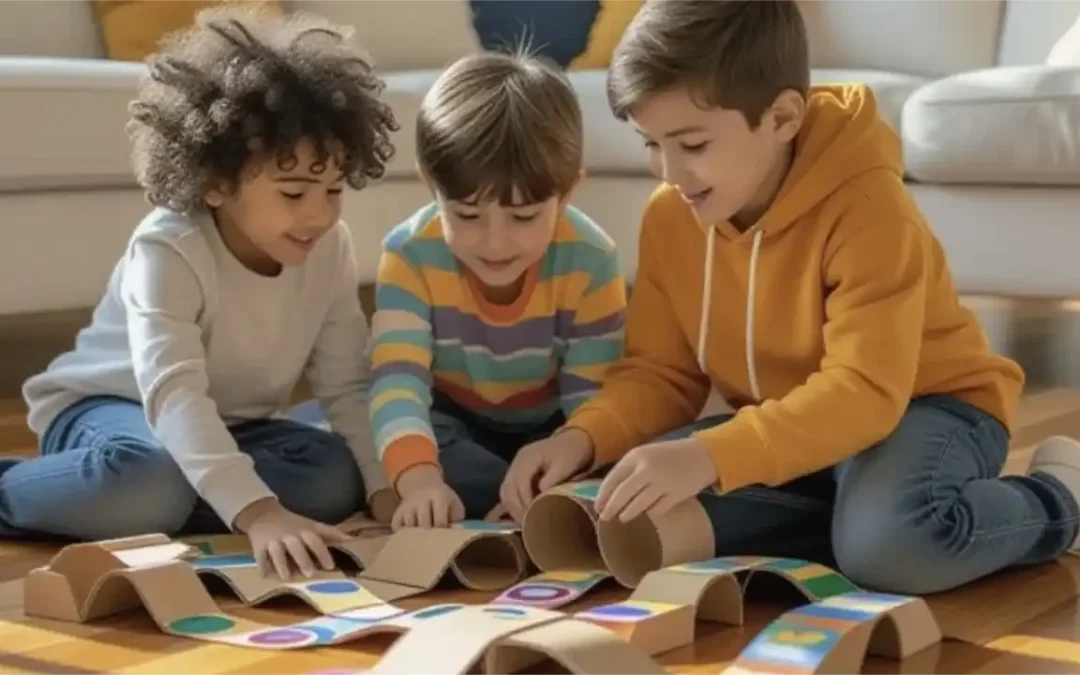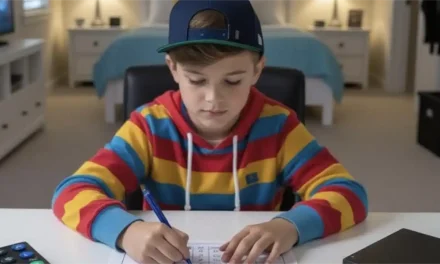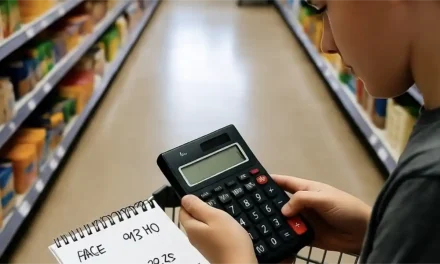
Fostering Collaboration: Live Cooperation
C
ooperation isn’t just about sharing tasks—it’s about tuning in to others and adjusting in real time. When children learn to work side by side—whether building, solving, or playing—they begin to understand how ideas move better when they’re passed back and forth. Cooperation builds patience, awareness, and trust. It helps children shift from “How do I do this?” to “How do we do this together?” And that shift changes how they think.
One day, my son and his friend tried to build a model spaceship. They each had different ideas and kept pulling the structure apart to start over. But after some back-and-forth, they began trading roles: one shaped the body while the other handled the details. They checked in often, asked for input, and solved problems faster than either could alone. By the end, the ship stood tall—but more importantly, so did their respect for each other’s thinking.
Give your child chances to solve problems with others, not just next to them. Let them take turns steering a group project or managing shared materials. Ask what worked and what didn’t after a joint effort. These reflections teach children that cooperation is more than getting along—it’s an intellectual act, requiring adaptability and shared focus. The more they practice it, the more they’ll bring that mindset to future challenges.
Fostering Collaboration

Fostering Collaboration: Balance Rivalry
Healthy rivalry can motivate, but pressure harms. Learn how to encourage friendly challenge while preserving confidence and connection.

Fostering Collaboration: Join as Teams
Working as a team teaches communication and patience. Use shared projects to strengthen connection and collaboration.
Table of contents

Primordial Soup for the Mind: Navigation
Navigate the book Primordial Soup for the Mind.
TIPS
- Look for moments when your child can solve a problem with someone else, not just near them.
- Emphasize communication and shared planning, not just the end result.
- Reflect afterward on what helped the cooperation work.
ACTIVITIES
- Joint Fix: Give two children a shared task (like setting up chairs or sorting toys) and ask them to plan it together before starting.
- Creative Collaboration: Have your child work with a sibling or friend to co-create a single drawing, story, or structure—taking turns and building on each other’s ideas.
EXAMPLE
My son and his friend clashed over building a spaceship. After a rocky start, they started checking in with each other, dividing roles, and solving problems as a team. The ship wasn’t perfect—but their teamwork was solid.

Download “Primordial Soup for the Mind: A Parent’s Guide to Nurturing Intellectual Growth”
Enter your information to get this article and hundreds more as part of the FREE book Primordial Soup for the Mind.
Share your thoughts with the Thought Academy community in the Comments section below.

Sharpen those skills!
Enter your information to get our FREE practice exercises so you can hone your critical thinking and reasoning skills!







0 Comments